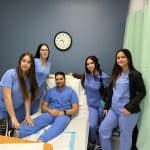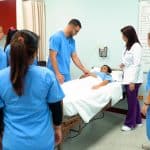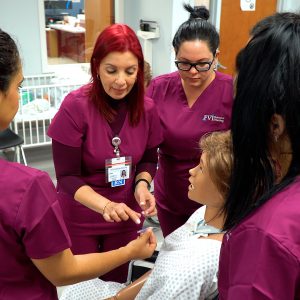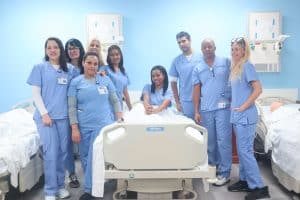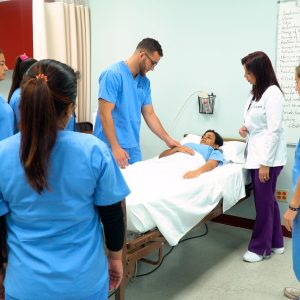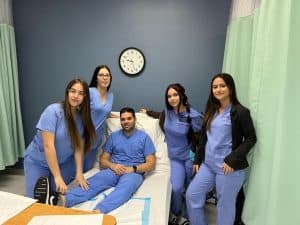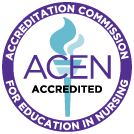There are multiple routes to a fulfilling nursing career, and becoming either a licensed practical nurse (LPN) or a registered nurse (RN) can lead you there. At FVI, we prepare students for both paths. While each role has its own benefits, some students choose the LPN route for faster entry into the workforce, lower education costs, and high demand across diverse healthcare settings.
Below, we’ll explore these reasons in more detail, highlighting why FVI’s practical nursing program in Florida may be the right choice to start your healthcare career.
What Is an LPN’s Role in Healthcare?
An LPN provides basic nursing care to patients under the supervision of physicians and RNs. They assist with daily tasks like bathing and dressing. They also take vitals and samples, administer medication, and provide support and comfort for patients in different settings, from schools to hospitals.
“LPNs render care the same as RNs and often perform some of the same duties. By becoming an LPN, you are a nurse; like an RN, your title is Nurse.”
explains FVI Director of Nursing Dr. Maria Walwema.
Faster Entry into the Workforce
A practical nursing program is generally shorter in duration compared to RN programs. While becoming an RN takes an average of two to four years and an associate’s degree at a minimum, FVI’s practical nursing school in Miami, Florida, takes 14 months to complete. Because practical nursing school is shorter, you can start working and earning income as an LPN nurse much sooner after passing the NCLEX exam.
Lower Education Costs
Education costs for practical nursing school are lower than RN programs, in part because the program is shorter.
“Practical nursing school is shorter and costs less, but your title is the same. You are still a nurse once you pass the licensing exam.”
Dr. Walwema
At FVI, we believe in making education as accessible and affordable as possible. You may be eligible for grants, scholarships, loans, and work-study programs to reduce tuition costs or fund your education. Our team of dedicated financial planning professionals works with every student to understand their needs, explore financial assistance opportunities, and help them navigate the aid process.
High Demand for LPNs
“Nursing is a very stable profession; everyone needs nurses.”
As Dr. Walwema points out
LPNs are among the most versatile positions in healthcare, making them highly marketable job candidates. They work in hospitals, clinics, residential facilities, rehab centers, schools, and home health.
This nursing field is growing faster than average compared to all occupations. According to the Bureau of Labor Statistics, 54,000 new LPNs will be needed yearly to replace nurses who retire or change professions.
Pathway to RN Career
An LPN career is also the ideal way to “test the waters” and determine if nursing is right for you without investing time and money into RN school. As an LPN, you can build upon the classroom learning and clinical experience you received in practical nursing school to become an RN.
“In many ways, becoming an LPN is the best preparation for becoming a Registered Nurse. By gaining hands-on experience and seeing firsthand what patient care involves, time spent as an LPN makes for a smooth transition to registered nursing.”
Dr. Walwema
In fact, many schools accept credits from practical nursing programs and apply them toward a nursing degree, making the LPN-to-RN bridge program shorter than traditional RN programs. As an RN, you have greater autonomy, your salary potential is higher, and you can access more job opportunities.
Becoming an LPN is both a stepping stone to a career in registered nursing and a rewarding career in itself. In less than two years, you can be a working healthcare professional making a difference in patients’ lives. To learn more about FVI’s practical nursing program in South Florida, call, visit, or apply now.

